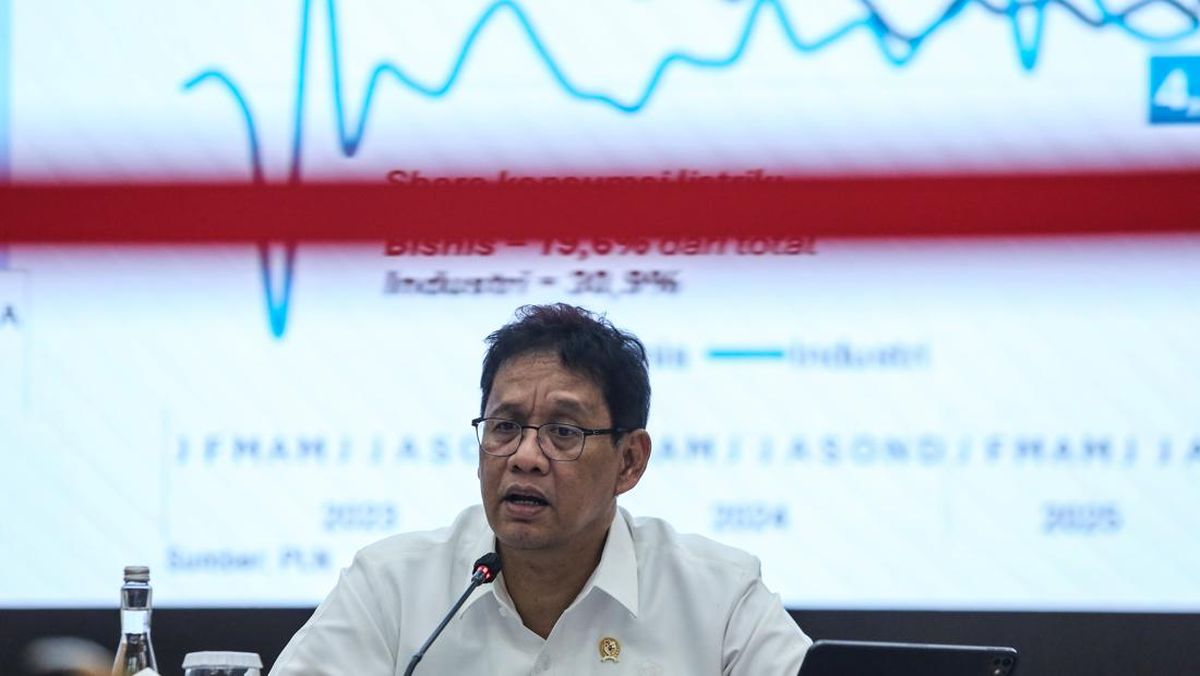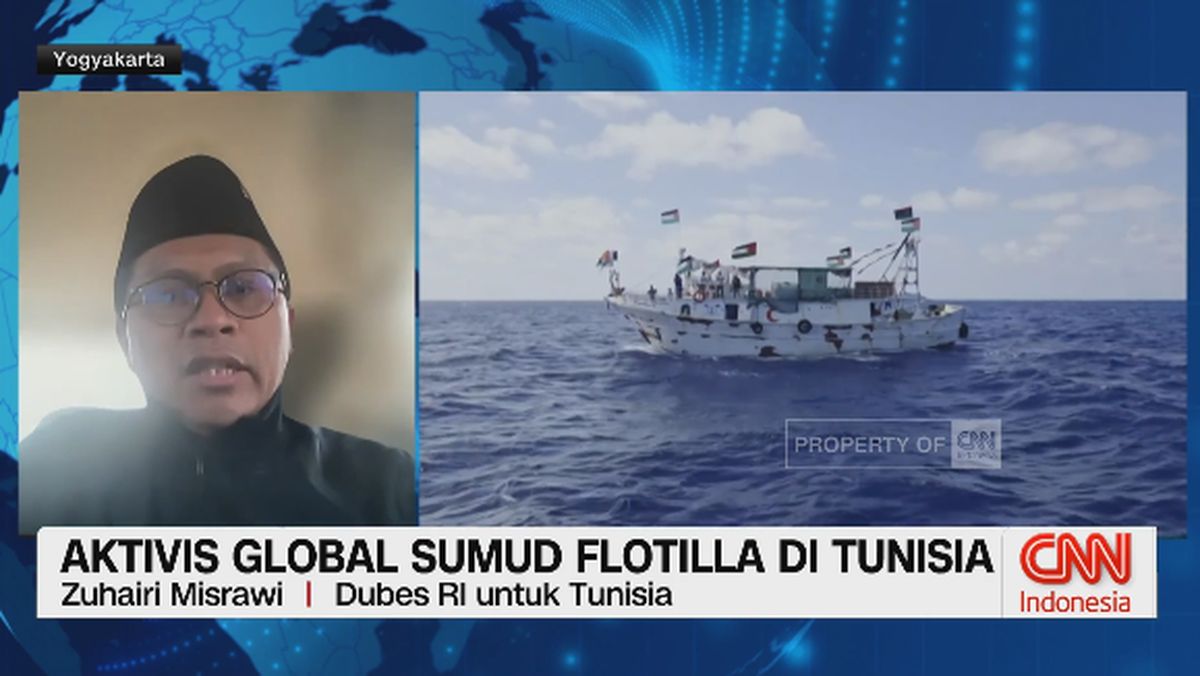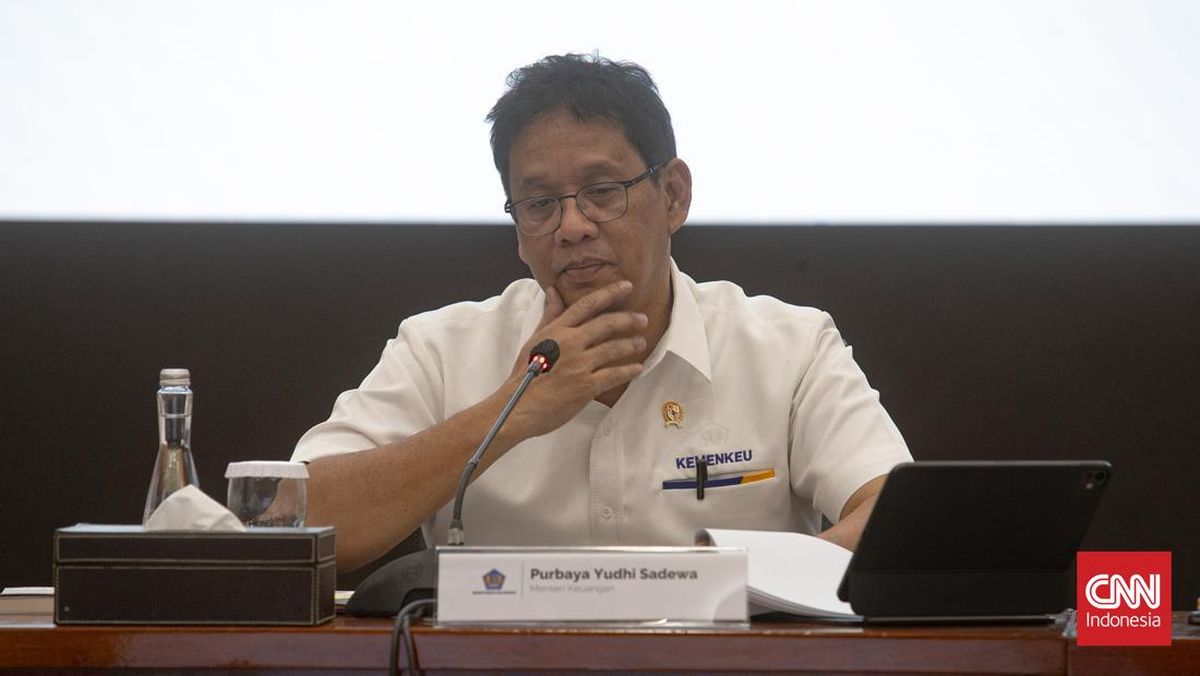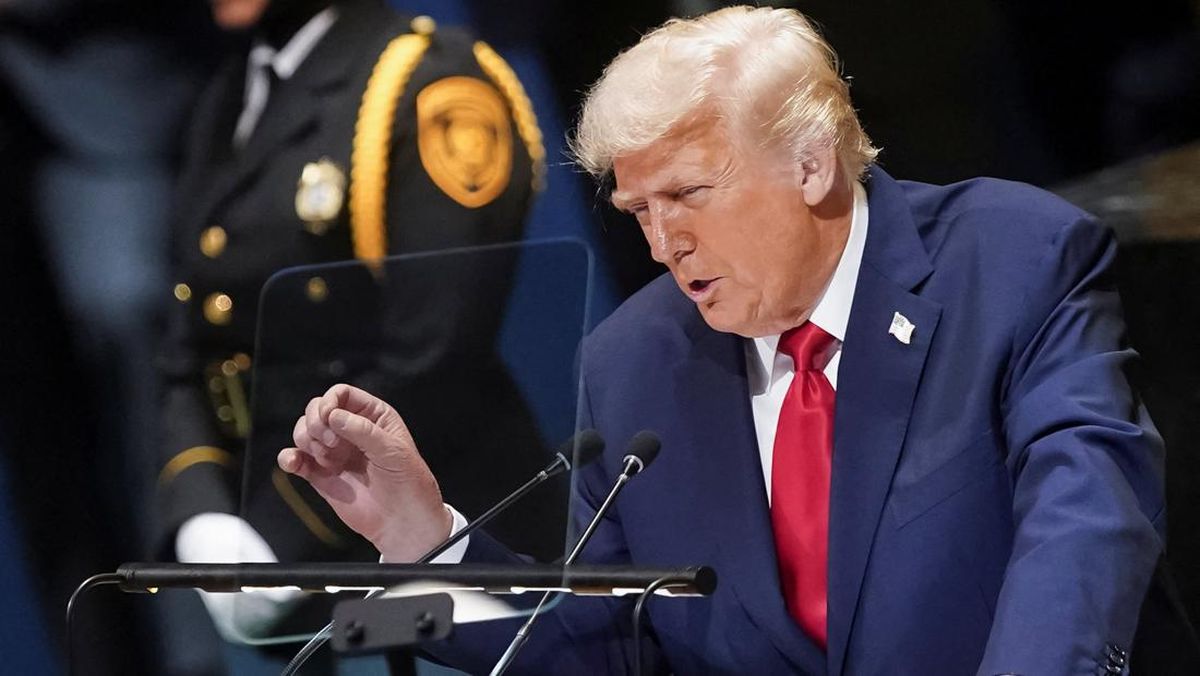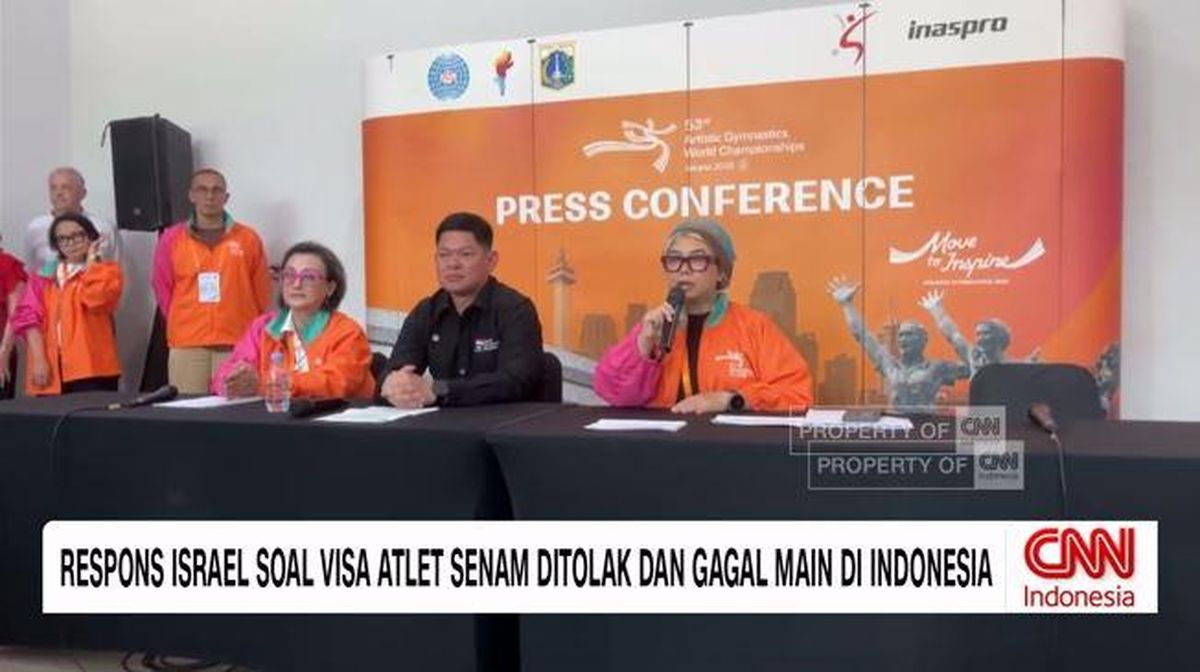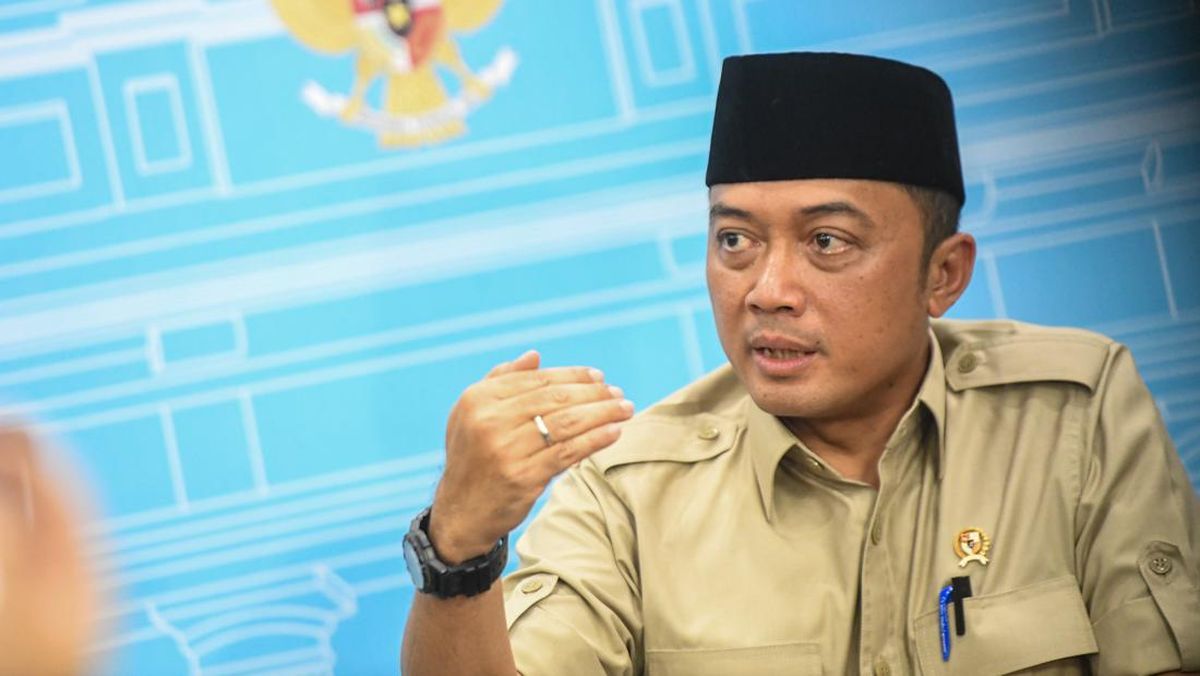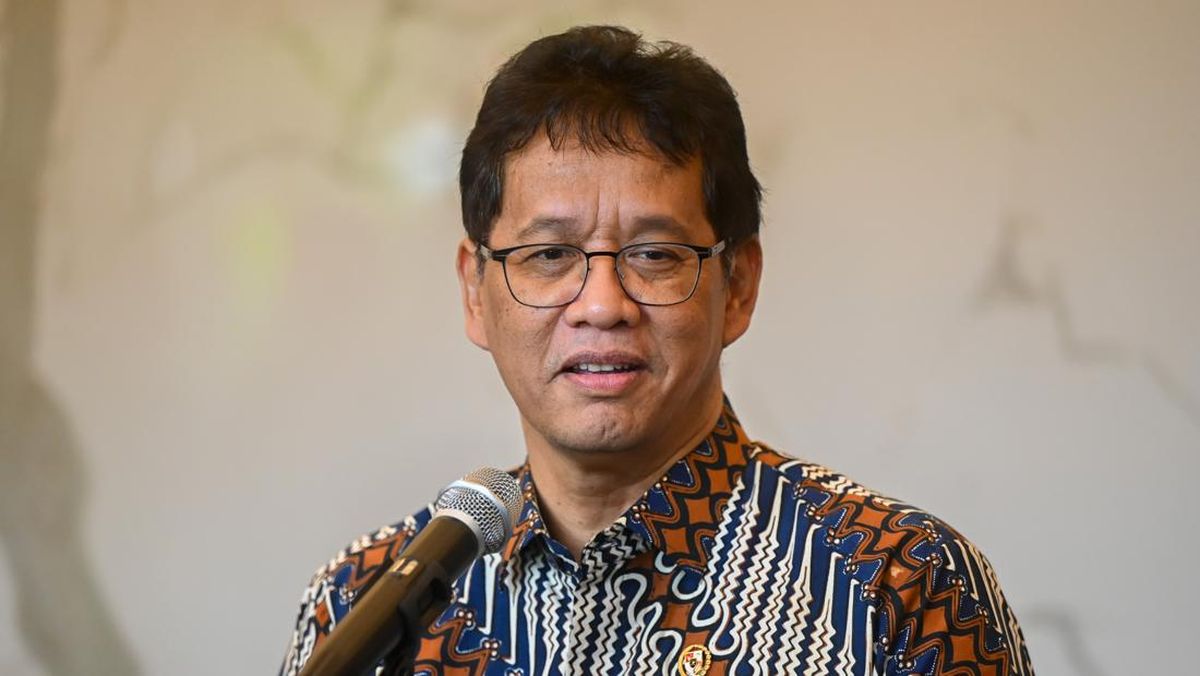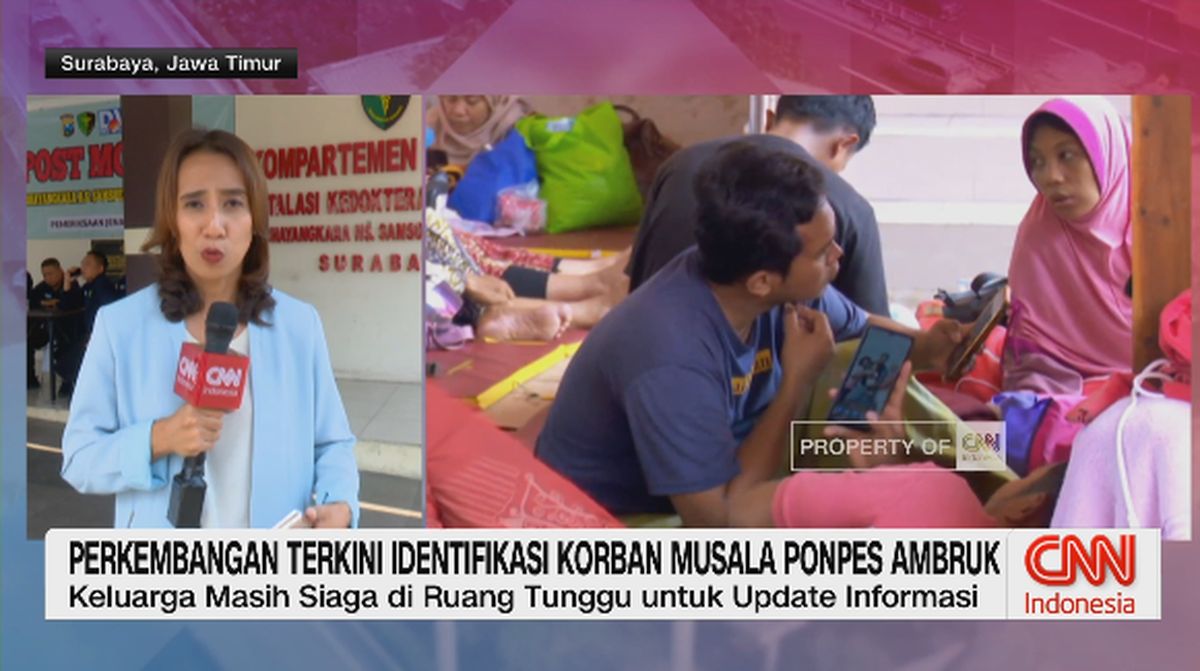Liberal immigration spokesman Paul Scarr has taken a swipe at his former frontbench colleagues Andrew Hastie and Jacinta Nampijinpa Price, welcoming debate about Australia’s immigration levels but warning it “must not seek to inflame emotion”.
In a major speech to the Migration Institute of Australia in Melbourne on Friday, Scarr defended Australia’s long-standing commitment to multiculturalism, demanded better long-term planning from government and argued that the country’s housing supply shortage should be a key factor in setting net overseas migration levels.

Shadow immigration minister Paul Scarr.Credit: Oscar Colman
He also criticised Hastie’s decision to borrow a line for a social media post from controversial former UK Conservative MP Enoch Powell, who warned Britons in 1968 they risked becoming “strangers in their own country”.
Scarr, as immigration spokesman, was Hastie’s junior minister until the WA MP resigned from the Home Affairs portfolio last Friday claiming he has been blocked from helping develop the Coalition’s immigration policy despite being the senior shadow minister.
At the same time, Hastie has begun to set out a new, more nationalist agenda on migration, manufacturing and opposing net zero.
Scarr is a member of the same moderate faction as Opposition Leader Sussan Ley.
It is Coalition policy to reduce net overseas migration but Scarr’s speech is an attempt to reframe the debate about reducing net overseas migration levels by using more cautious language, in contrast to Hastie and Price, whose inflammatory comments on the issue contributed to both of their resignations.
“The debate with respect to Australia’s immigration policy must be had. It is an important debate. But the debate must be based on evidence and facts. It must be measured and considered,” Scarr said.
“It must not seek to inflame emotion, but rather to engage in good faith with respect to the issues that need to be debated in our national interest – in our common interest.”
Directly addressing Hastie’s borrowing of Powell’s infamous “strangers in their own country” comment, Scarr said that “our immigration policy must be in our national interest. But, more than that, the debate in relation to immigration policy must be conducted in a way which is also in our national interest”.
“In 1968 in Great Britain, Enoch Powell, the then Shadow Secretary of State for Defence for the Conservative Party, gave an inflammatory speech. It became known as the ‘Rivers of Blood’ speech...just recently, British Prime Minister, Keir Starmer, had occasion to apologise for a remark he made which appeared to mirror, albeit inadvertently, the language of Enoch Powell,” he said.
Loading
Scarr noted that at the time of Powell’s speech, former Conservative Shadow Home Affairs Minister, Quintin Hogg said: “It would be a disaster if either of the great organised bodies of public opinion upon which the country depends for its successive Governments sought to exploit or to gain political advantage from the deep feelings which are held about this topic”.
The Liberal immigration spokesman pointed out that the percentage of overseas-born Australians from non-English speaking backgrounds who believe immigration was too high had increased from 16 per cent to 39 per cent in just two years.
“Hence, the concern with respect to immigration numbers is across the whole of Australian society,” he said.
“Seventy five per cent of the Australians who believe immigration numbers are too high also believe that multiculturalism has been good for Australia. That is, the overwhelming number of Australians concerned with the rate of migration are still positive about multiculturalism. That is very heartening.”
Scarr’s comments are likely to further inflame divisions within the Coalition over the direction and policy program of the Liberal Party, at a time when the party is still licking its wounds after a drubbing in May’s federal election.
He also takes aim at the Labor government for the growth in net overseas migration in recent years, pointing out that in the 10 years prior to the COVID-19 pandemic, the average net overseas migration rate was approximately 216,000.
“However, net overseas migration for the year ended 31 March 2025 was 315,900,” he says, citing Australian Bureau of Statistics data, and argues the net overseas migration rate must be set with Australia’s housing supply shortage front of mind, too.
Loading
”Whichever way you look at it, NOM is still materially higher than a range of measures of long-term sustainable levels. But this cannot be considered in isolation. We also have the housing supply issue.”
“In setting policy parameters for immigration, in seeking to return net overseas migration to a sustainable level, those housing supply constraints must be considered.”
Cut through the noise of federal politics with news, views and expert analysis. Subscribers can sign up to our weekly Inside Politics newsletter.
Most Viewed in Politics
Loading


